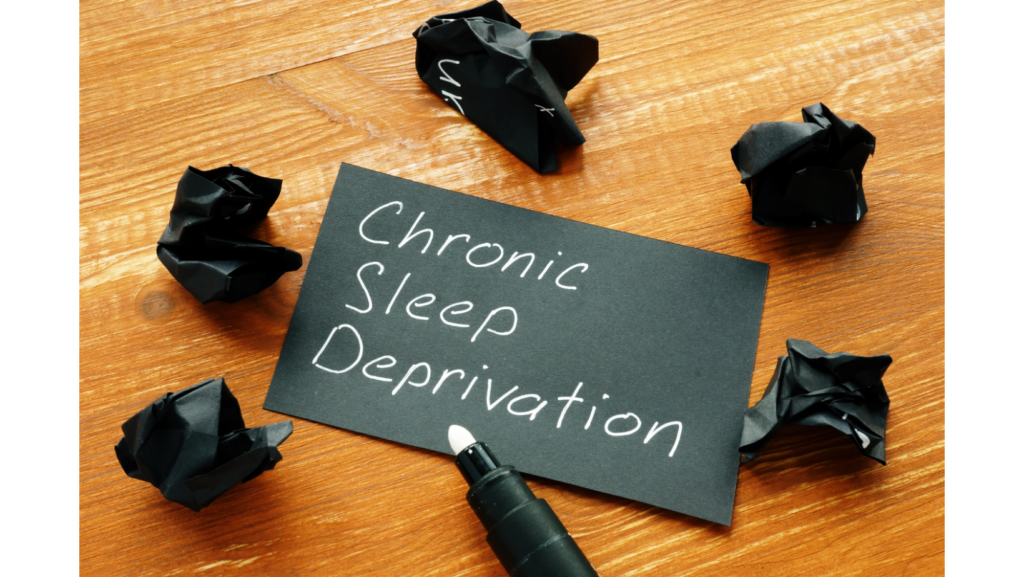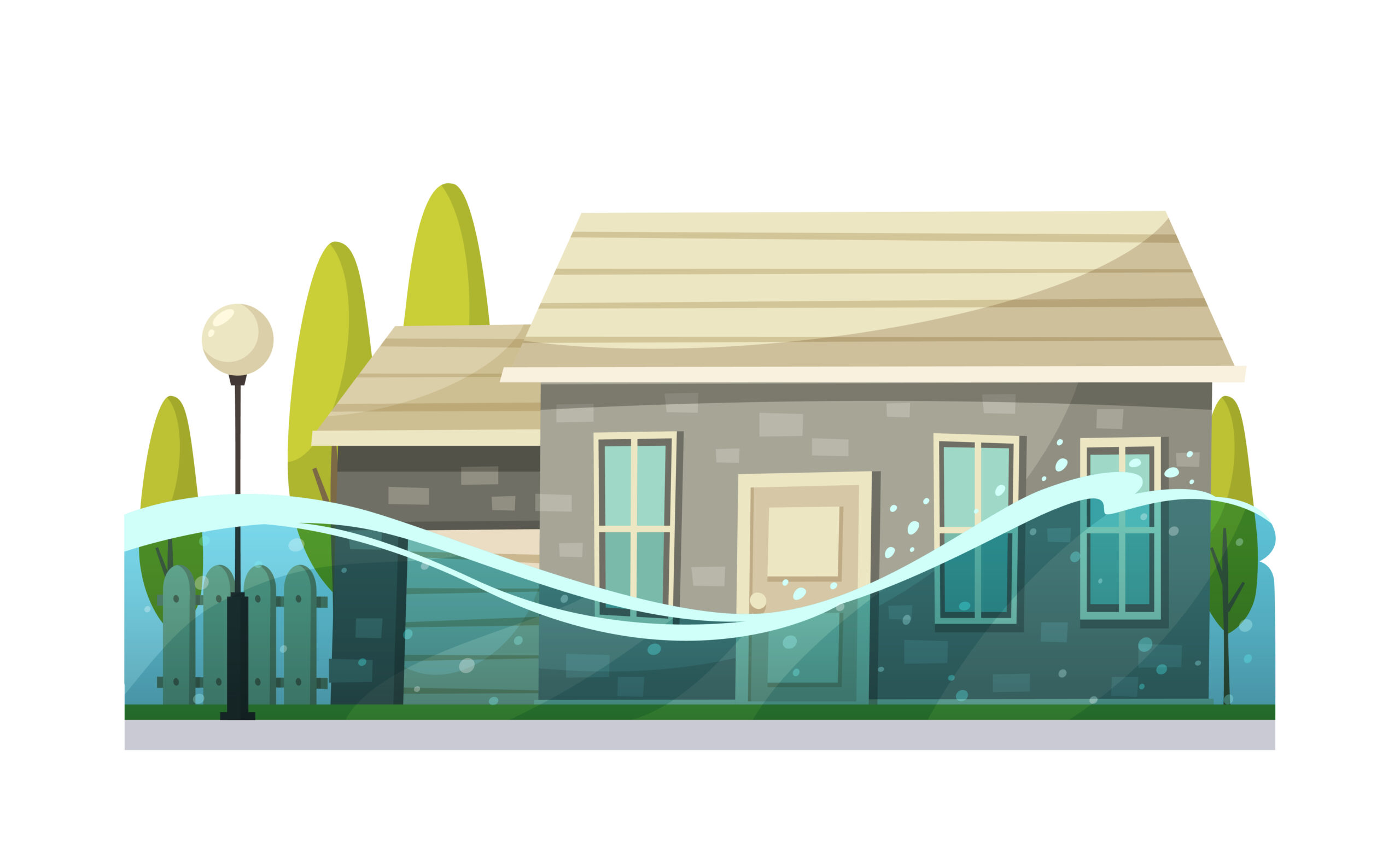Sleep deprivation is a common health problem in Australia. Inadequate sleep is prevalent across different age groups, leading to poor health and an inability to function.
According to New YouGov data, one in every Australians are not getting enough sleep. We are talking about millions of people not having enough slumber time or rest every night due to several factors.
There is a common myth that a person can learn to survive on a bit of sleep with no pending adverse effects. False.
Research shows that not getting enough quality sleep for an extended period can negatively affect your health. These effects include physical, mental, and emotional health, quality of life and safety.
What Is Sleep Deprivation?
Sleep deprivation is a general term that refers to an individual having inadequate or poor sleep quality, including voluntary or involuntary sleeplessness.
Lack of sleep is a common problem in modern society, resulting in many health complications. Various reasons result in disruption in sleeping patterns. Kids, teenagers, adults, and seniors are all vulnerable to this condition and its impact.
Sleep loss can drastically affect one’s physical health, mental wellbeing, memory, and mood in many more ways possible.
Occasional alteration in sleeping patterns is minor and do not typically result in life-changing symptoms. However, sleep inadequacy in extended days or months can result in a lack of focus and low productivity. Other known effects are obesity, emotional complications, poor performance at work, and excessive sleepiness even during the daytime. Overall, this condition results in a marked reduction in quality of life.
Most people need around 7 to 8 hours of high-quality sleep at night to function best. Some may need more; some may require less depending on health status. We recommend talking to a doctor or a sleep specialist to determine how many hours of rest a person needs to perform daily tasks. Try to achieve the suggested hours and practice good sleeping habits.
A variety of factors can result in this condition, including health disorders such as insomnia. But in many cases, sleep loss is because of excessive use of technology and bad sleeping habits.
5 Negative Effects Of Sleep Deprivation
Here is the common effect of sleep loss.
Weakened Immunity
Lack of sleep prevents the immune system from building up its reserves. Because of that, the body may not successfully fend off invaders, resulting in slower recovery times for illnesses and injuries.
Sleep deprivation also results in higher exposure to infections and respiratory diseases.
Weight Gain
Inadequate sleep can trigger the release of insulin in the body and can affect the hormones responsible for controlling hunger and fullness.
Change in sleeping patterns can result in double fat storage, an increase in appetite, and a higher risk of type 2 diabetes.
Impaired Memory And Brain Function
Sleep deprivation has effects on the brain. It affects the area which handles a person’s reasoning or the prefrontal cortex. It also changes the amygdala, which is the core of the neural system responsible for forming emotions and memories.
Sleep loss may make it harder to retrieve or form new memories, leading to poor learning and memory issues.
Mood And Behavioural Changes
Inadequate sleep can make a person moody, emotional, and short-tempered. In the long run, it can even escalate to depression and anxiety.
Risk For Diabetes
An irregular sleeping pattern can affect the release of insulin, which is an essential hormone to control glucose levels.
Decreased sleep can increase blood sugar levels and insulin resistance, developing into type 2 diabetes.
Sleep And Mental Health
Sleep can boost a person’s mental wellbeing.
Given that partial sleep deprivation can make an individual irritable and moody the following, it is not surprising that chronic sleep loss may lead to long-term disorders. These include depression and general anxiety (GAD).
Sleep And Heart Health
Long-standing sleep deprivation is associated with poor heart health.
It can increase heart rate, blood pressure, and inflammation, resulting in heart strain.
Insomnia is also related to uncontrolled blood pressure and heart attack.
Over time, poor sleeping habits can cause issues with the heart, including issues such as potential stroke and higher stress levels.
Conclusion
The bottom line is sleep deprivation can bring harm to one’s health. Getting less than the recommended hours of sleep can eventually lead to serious medical consequences.
Healthy sleeping habits are essential for mental health and critical for the heart and overall body function. Sleep helps the body’s systems repair themselves.
Learn more about sleep, heart health and first aid for medical emergencies.









